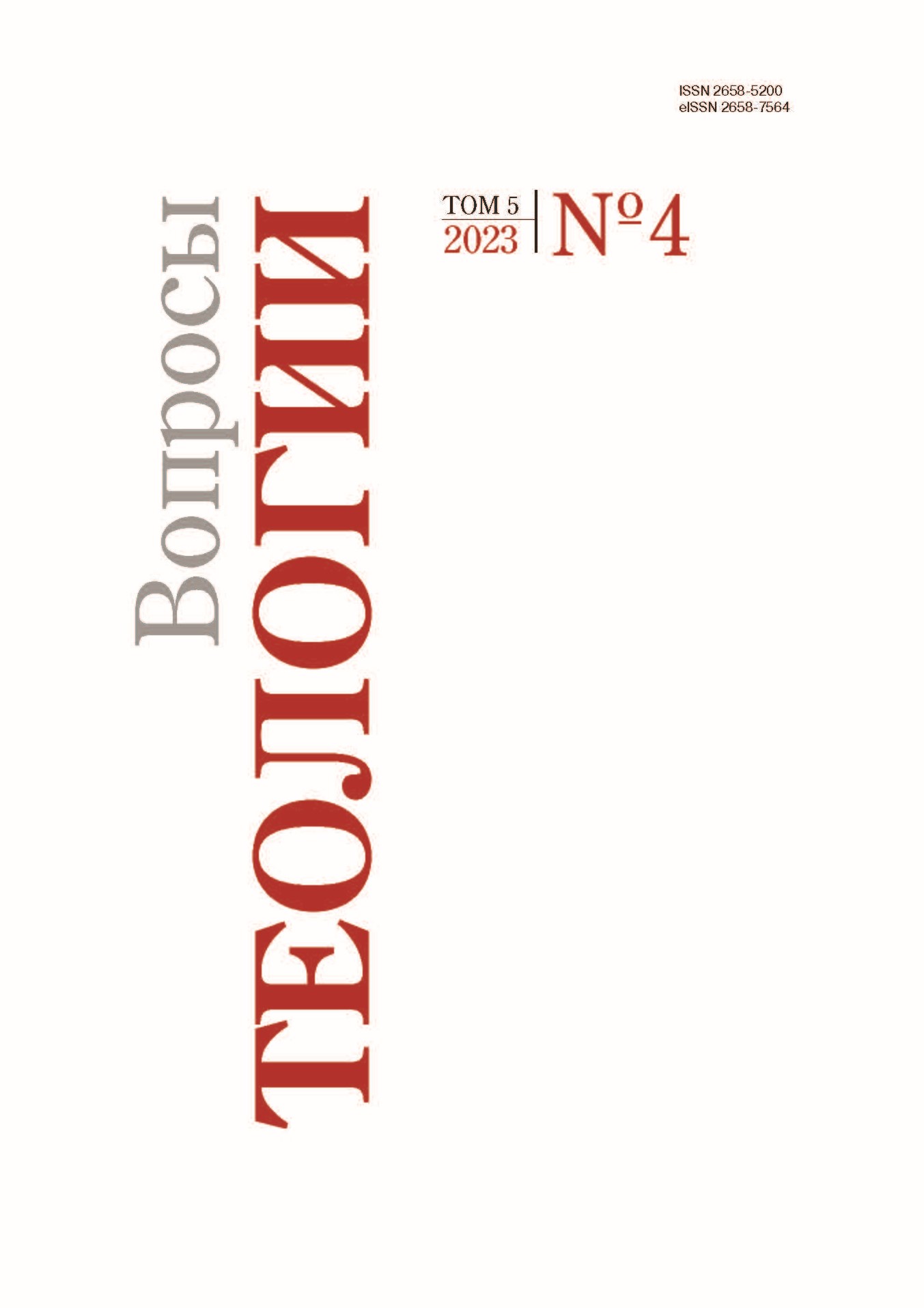Issuing fatwas in the Hanafit mazhab
DOI:
https://doi.org/10.21638/spbu28.2023.408Abstract
The article briefly touches upon four legal schools and the importance of legitimacy today. The qualities that a mufti should possess are given. It talks about how the Koran calls on ordinary citizens to look for answers regarding any area of their life; Companions of the Prophet Muhammad also did this. Based on the analysis of classical works: Zahir ar-riwaya by Muhammad ibn al-Hasan, Khulasat al-fatawa by Tahir ibn Ahmad, Fatawa as-sirazhiyya by Sirajuddin, Fatawa Qazi Khan by Hussein ibn Mansur, Al-Fatawa at -Tatarkhaniyya by ‘Alima ibn al-‘Allah’, Al-Fatawa al-Hindiyya by a group of Indian theologians, analyzes the consistent development of fatwa-creating activities, the rules established by Muslim jurists when issuing fatwas, the reasons for preferring one opinion over another, the circumstances that must be taken into account when issuing fatwas, as well as circumstances that may cause a change in fatwas. The article presents the fatwas adopted by the ulema of modern Russia and the methods for issuing them. It was revealed that a person who has all the qualities of a mufti and is competent in this area has the right to make a decision, which indicates the need for organizations that will train these specialists.
Keywords:
fatwa, issuing fatwas, Hanafi mazhab, Muslim jurists, Abu Hanifa, modern Russia, method
Downloads
References
References
Downloads
Published
Issue
Section
License
Articles of "Issues of Theology" are open access distributed under the terms of the License Agreement with Saint Petersburg State University, which permits to the authors unrestricted distribution and self-archiving free of charge.




